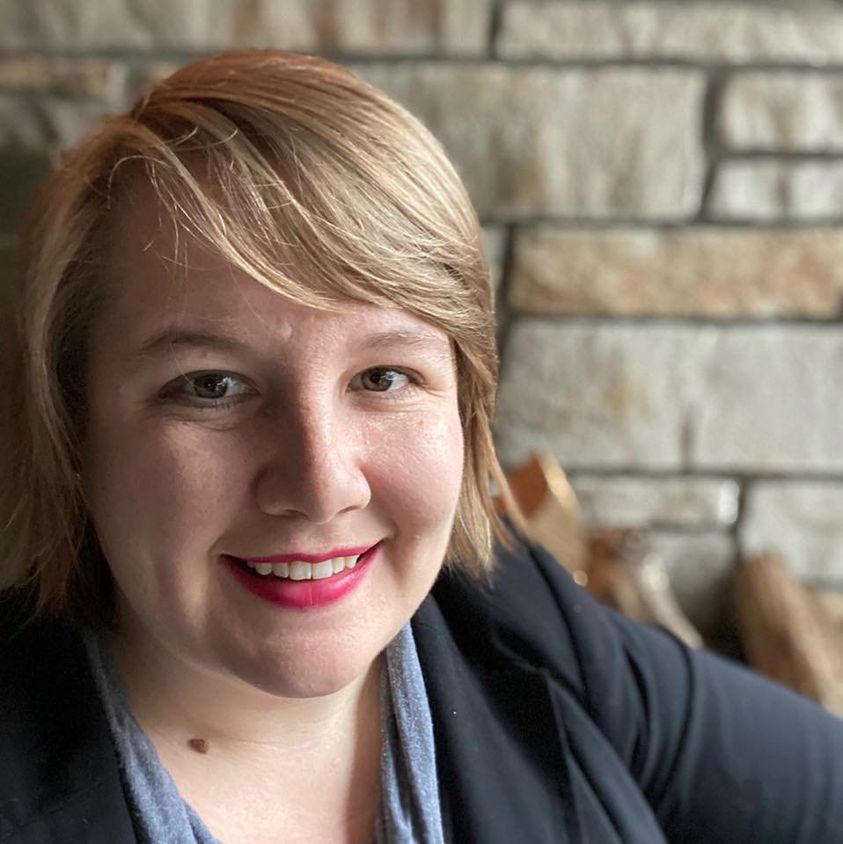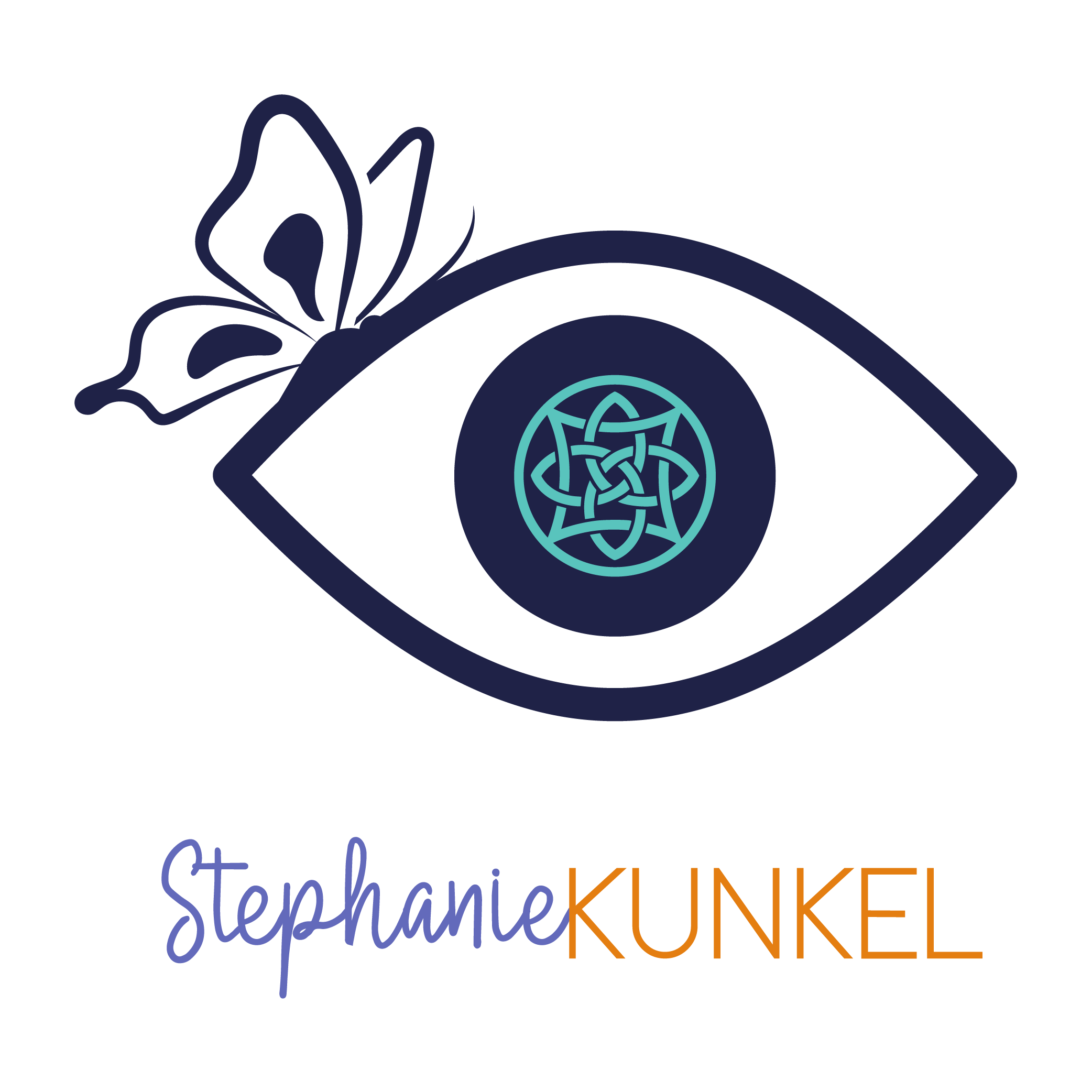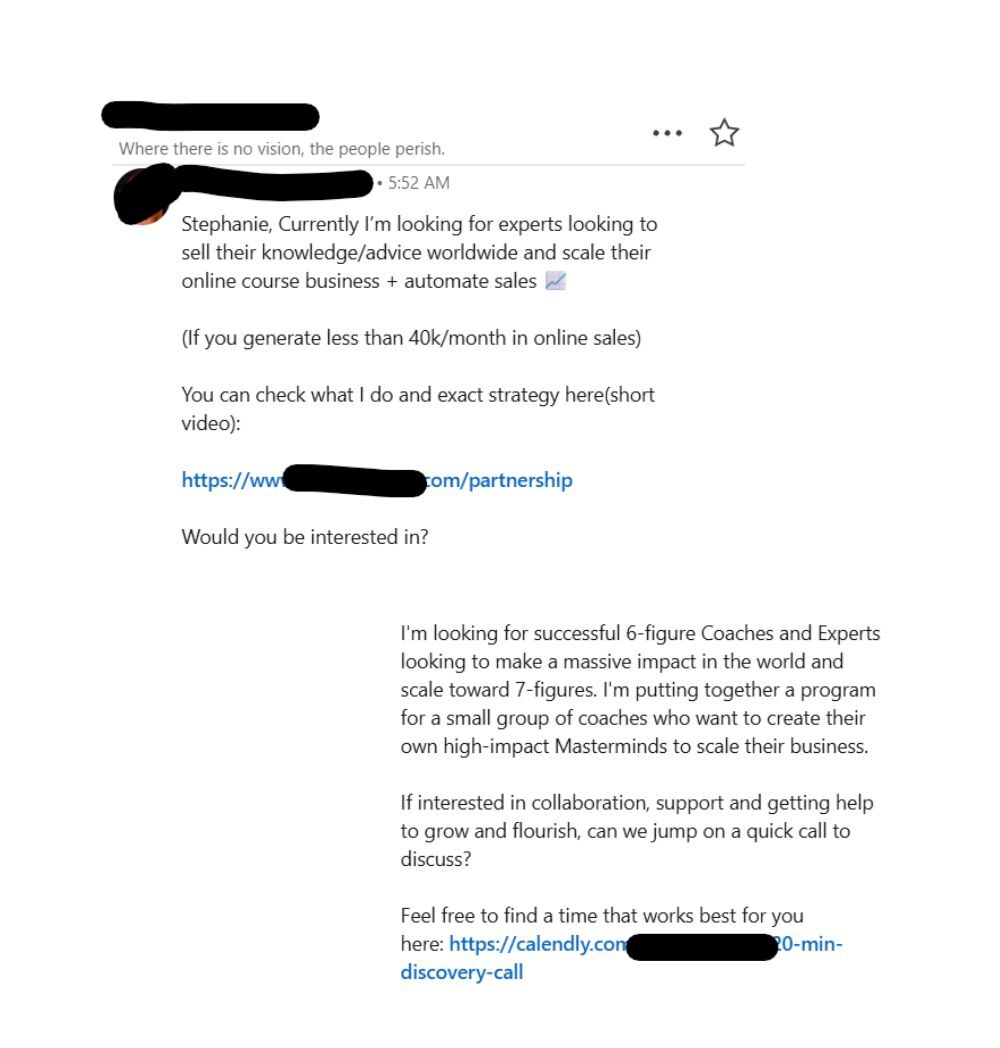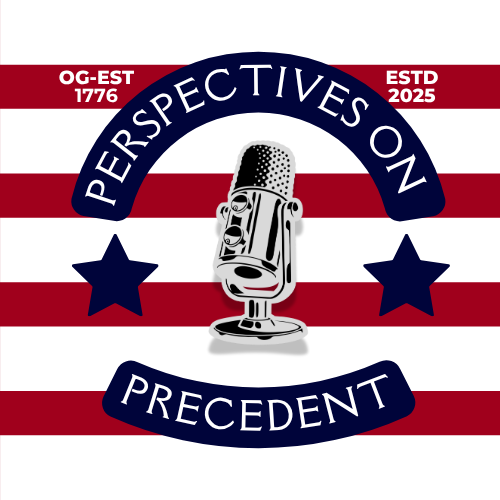What do I do, and why am I here?
How did I journey into mental health and leadership coaching you ask? If you’ve not connected with me in the last 3-4 years, honestly in the last 6 months even, you really don’t know who I am anymore. The amount of growth in my life both professionally and personally is astounding.
So as a recap for those of you who have never met me… 12 years ago I felt deeply depressed. I always had been, since childhood, but had never sought help for it, because frankly… I thought it was normal. My book can tell you all about my moment of revelation and my history in more detail, but in short form, 11 years ago I wanted to take my own life, I didn’t, and instead sought treatment so that my children could have a model of what a healthy mental state was.
Around 10 years ago, I changed my career slightly and took on leadership roles and eventually leadership coaching and mentoring roles. It was during that time as a new leader that I found that leadership onboarding and development rarely included what we’ve called soft skills or emotional intelligence. I also soon found that few people in leadership roles understood what to do with an employee who had depression or anxiety. I believe that much of this response almost needs to come from lived experience. So now I work with clients in the leadership coaching and mental health coaching worlds.
The Statistics
Pre-pandemic, the statistics around depression in the U.S. was that 20-25% of adults would experience a major depressive episode in their lifetime. If you’re an adult you have a 1 in 4 to 1 in 5 chance of having to struggle with a depressive episode at least once in your life. Some of you reading might be saying “sure, who doesn’t?!” To others, that 20-25% is alarming (it was to me initially too.)
How Leaders React
I sometimes get the response from leadership coaching clients though that goes a little like this, “I can’t control what happens. People might have issues come up, we all do… but I am not going to change because 75% of people won’t have that issue, and your personal issues need to stay at home. This is a business, and I’m not a therapist.”
What I see is that in the business world we’ve replaced human compassion and empathy with CYOA policies and understandably so. There were 635 class action lawsuits settled in 2022 against companies. Those don’t include individual lawsuits, lawsuits still out there, or settlements that were lost. Face it, our companies spend BILLIONS of dollars each year on lawyers, and any lawyer working for an organization is going to do what they need to to protect the company. (When a company is getting sued due to oversights or are losing cases, a lawyer will be fired.)
So, to sum it up, the barriers for people with mental health issues in the workforce are high… I could take some time here to drill down into all of the systemic reasons why this issue exists but, I think the point is clear. Leadership seems to have no incentive to learn about mental health. Companies seem to have no incentive to provide a better working environment which meets the individual needs of their employees.

Despite this, leaders DO want to know…
The fact is that leaders are human, and most humans want to help other humans… our natural community driven state is to help others. Leaders WANT to see their teams succeed and they are incentivized to do. Unfortunately, most leaders simply don’t know how.
As a trainer and speaker, I’ve done training for Fortune 50 companies, leaders, and employees alike. Companies, leaders, and employees are asking for help… asking for a better understanding of leadership, mental health, communication, and how to do better for the individuals they work with.
Writing my Story
Even before I stepped into this field, I saw a need. Working with leaders who would ask me to sit in on difficult conversations because they didn’t want to create more harm for their team members or needed to have guidance on delivering messaging to a team that was struggling with motivation, inspiration, or attitude. I decided to write my story because of this.
I truly believe that if you haven’t lived it, it’s very hard to understand it. So, I put my lived experience (both as someone who battled depression, and as a leader) down on paper. Through my book I had hoped to help leaders better understand how to lead with compassion for their employees (and to provide hope for their employees too.) I did this while I was going through cognitive behavioral therapy, getting my degrees, and while I was implementing a new onboarding, training, and development program for the leadership teams in my division.
Stepping Up and Stepping In
That wasn’t my role, but knowing my training department was understaffed, I stepped in. In this role though, I also saw the same thing happening in our clients’ businesses. Fortune 500 companies that were doing similar things with similar results when it came to training, and to mental health accommodations. Businesses all around me were losing money, losing productivity, and struggling to connect with their employees in a way that would create loyalty and inspiration.
The programs I attended in college agreed with me and saw the same challenges that I did. It didn’t take long to recognize that there was a need for this in the companies that I worked with as well as others. Consider that one of the first places that gets cut is training and development. A department that can deliver an outrageous ROI. This baffled me – how can you train and keep quality people if you don’t invest in their development.
When I heard the statistics around depression post pandemic, my heart sank. If they weren’t daunting before they certainly are now. I’ll link a Forbes article from this month below. The rates are up – 29% of Americans have been diagnosed with depression according to a study by Gallup. According to Kaiser it’s higher, 32.3%. Huge statistic, right? Couple that with the 11 years it takes from the start of symptoms to diagnosis. Mental Health goes unnoticed. Additionally, we spend an average of 34 hours a week at work. These statistics breakdown why my passion blends leadership development and mental health.
LEADERS HAVE AN IMPACT… and they play an incredibly important role in getting this crisis under control. Change makers like you are needed in business, government, and the day to day.
So what do I do?
Leadership Coaching
Mental health coaching is part of leadership coaching. Need someone to talk to?
I can listen and share my lived experiences.
Not sure what you need, but know you need to assess your leadership team to uncover where they need help?
Okay, we can do a gap analysis.
Need someone to come in and deliver live training on leadership development and mental health?
I got you.
Want a customized solution?
I can do that too.
Need a low-cost option to meet budgets but still give your employees what they need?
Cool – The Perspective Shifters Hub delivers that with an abundance of value.
And why do I do this?
To decrease depression rates. To help people find a way to thrive at work and at home. I’ve put a number on it too. 2 million people in 2 years. I’ve delivered training for leaders in the past 6 months, and so far, we’ve impacted at least 2000 people. It’s far from 2 million; which is why I’m partnering with other experts. So that we can deliver an impact beyond just my own training. I believe that teaching other leaders how to deliver this information and have a greater impact for their teams will change the world. If I teach a leader with 10 team members and 10 colleagues to lead with compassion; and those people can teach others the same thing… that’s an impact of at least 20 people through 1 person. Other experts amplify our impact too.
I’m launching a new program to come along side my book with discussion groups and a workbook. This program will help people to understand depression better. It will also help people understand how their perspectives can encourage or heal depression, and to teach compassionate leadership.
If you want in, check out The Guided Group Support Workshop that I’m starting early in 2025.
Wanna help us meet 2 million in 2 years?
Start by getting my Free Thrive Guide Here: https://email.perspectiveshifters.com/
Then, Join the movement on The Perspective Shifters Hub – https://www.perspectiveshifters.com/thehub







0 Comments